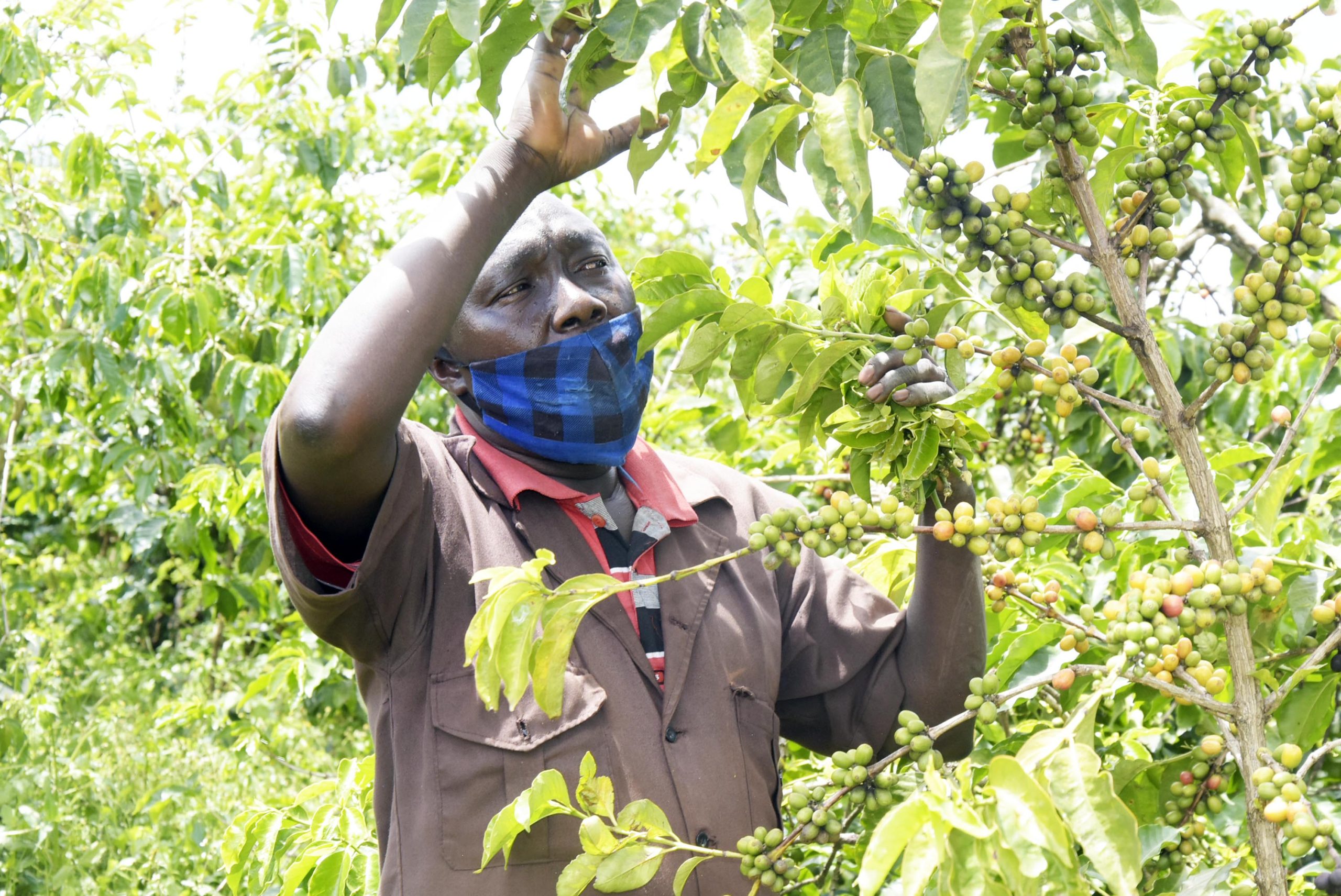The New Kenya Planters Co-operative Union (NKPCU) has highlighted a number of ways in which coffee farmers can expand access to the international market, including market exposure through exhibitions to unlock the potential of the local industry.
Giving his presentation on export marketing and farmer financing during the inaugural Cooperative Movement Stakeholders’ Annual Conference, NKPCU Chief Executive Officer (CEO) Timothy Mirugi fronted exhibitions as a sure way of popularizing the Kenyan coffee industry.
This may be through showcasing coffee products to a wide range of industry professionals, networking and partnerships, market research and insights, education and knowledge sharing, international market expansion, strengthening existing customer relationships, and gathering feedback.
He also noted that by capitalizing on the export opportunities presented by our premium coffee, exporters can unlock higher profit margins, access specialty markets, and establish a reputation for excellence.
Through embracing value addition as a market opportunity, Mirugi said coffee farmers can reach higher profitability, differentiate themselves, access premium markets, and foster customer loyalty.
The NKPCU boss challenged the Co-operative University of Kenya (CUK) to develop a curriculum on the coffee value chain and position it as a key cash crop in the country, pointing out the need to cultivate succession planning at an early age.
Regarding the impact of Coffee Cherry Advance Revolving Fund (CCARF), where the government allocated Ksh3 billion, Mirugi observed that it has boosted farm productivity and production, and reduced financial constraints in households and farm gate sales.
“As the production increases in Kenya, it is vital to strategically and aggressively venture into the export market to open a multitude of opportunities for growth, profitability, and global recognition,” said Mirugi
Sector stakeholders agreed, resolving that the gaps identified during the Coffee Reforms Forum of June 8 – 10, 2023 should be addressed by both SDC and CUK.
It was also argued that CUK and SDC should continuously champion for a worker cooperative business model in line with the existing curriculum on Worker Cooperative Business Model, which should be up-scaled and promoted.
In recognizing the immense opportunities and potential of the coffee sub-sector, and appreciating the challenges in human resources and farmers on Good Agricultural Practices (GAPS), the conference resolved to develop a curriculum targeting players in different value chains, which shall be implemented through CUK and SDC before the next conference in June, 2024.
Further, the conference recommended restructuring and strengthening of the value chains to enhance transparency and benefit cooperatives and farmers.
This is in line with the government’s effort to revamp various agricultural sub-sectors.
Another proposal was the merger of coffee cooperatives that are not economically viable.
Market edge
Coffee is the second most traded commodity in the world after oil, with total coffee imports being forecast at around 136 million 60-kilogramme bags in 2022/23 Coffee Year.
According to Mirugi, the market value is expected to reach US$167.51 billion by 2027, factors such as weather conditions, crop diseases, currency fluctuations, and government policies remaining favourable.
Kenya exported 43,308MT of coffee at Ksh33.8 billion in 2021, even as prices during the 10 months averaged $5.27(approximately Ksh776.80) a kilogramme in the global market, lower than the $5.91 (approximately Ksh871.13) in the same period in 2020.
The top five destinations for Kenyan coffee in 2020/21 were Belgium (21 per cent), USA (15 per cent), Germany (13 per cent), Korea (10 per cent), and Sweden at 7 per cent.
In his early briefing when he was receiving various documents from stakeholders in August this year, Deputy President Rigathi Gachagua said that frameworks to support the coffee sub-sector would be ready before the end of the year.
The documents were; Meru Coffee Reforms Conference Metrics and Roadmap, Draft Sessional Paper Number 1 of 2023 on sustainable quality coffee production, the Coffee Bill 2023, the Draft Co-operatives Bill 2023, and the Sessional Paper No. 1 of 2020 on the National Co-operative Policy.
He said some of the proposals will be made into law, promising that the government will address legislative and administrative systems concerning the coffee value chain.
By Roy Hezron
Get more stories from our website: Sacco Review. For comments and clarifications, write to :Saccoreview@shrendpublishers.co.ke
Kindly follow us via our social media pages on Facebook: Sacco Review Newspaper for timely update



